Thesis & Dissertations
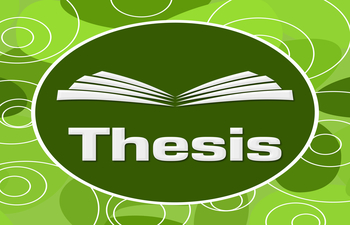
An Optimal Cell Balancing Mechanism for Electric Vehicles
2022
Author(s): Thiruvonasundari D
The cell balancing mechanism is meant to extend battery life and safety. Cell balancing systems are broadly classified as passive and active cell balancing. An intelligent optimized ML based passive cell balancing scheme is presented in this work. To select a better balancing scheme, an enhanced passive cell balancing is implemented through model-based simulations and circuit implementations.
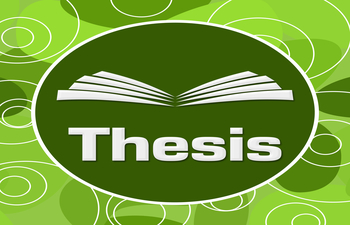
Energy Management System for Vehicle to Vehicle Power Transfer With Single Stage on Board Power Converter for Plug in Hybrid and Electric Vehicles
2022
Author(s): Parag JC
Adoption of an aggregator regulated Micro Grid charging station (MGCS) would provide energy to acceptor GEV clients from donor GEV clients through Vehicle to Vehicle (V2V) power transfer. The MGCS would also be supported by a photovoltaic system and an auxiliary battery bank. This research work focuses on the utilization of GEVs’ in supporting the MGCS through the regulation of an on-board Intelligent Energy Management System (IEMS).
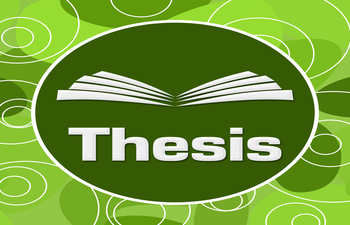
Investigation on Converter Topologies and Energy Management Schemes for Light Electric Vehicle
2020
Author(s): Devi VS
This thesis explores the performance of EV with Hybrid Energy Storage System (HESS) employing Li-ion battery and Ultracapacitor (UC). A comprehensive modelling of various system components of 3-wheeled Light Electric vehicle (LEV) based on Indian Driving Cycle (IDC) is presented to aid in the sizing of ESS.
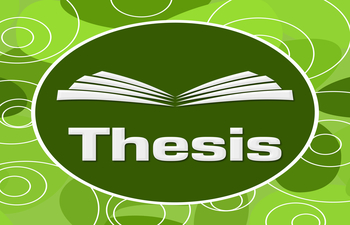
Hybridization and Performance Analysis of mid sized Fuel Cell Hybrid Vehicle using Standard Driving Cycles
2020
Author(s): Rao KVK
The study aims to understand the energy interactions of the fuel cell and batteries and to identify an optimal energy management.
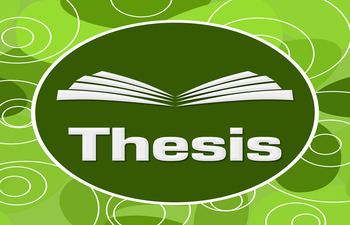
Development of Vision Based Algorithms for Autonomous Land Vehicle
2018
Author(s): Neelkamal
The study has also included the analysis of government initiatives and identification of action gap from automobile manufacturer in making environment friendly vehicles. The study is based on Faridabad - National Capital Region with a sample size of 500 vehicle owners.
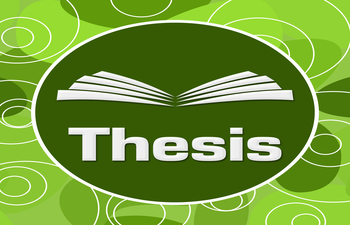
Power Quality Improvement in Battery Chargers of Light Electric Vehicles
2020
Author(s): Kushwaha R
The objective of this work is the design and development of improved power quality based converters with improved efficiency and high power density for power factor correction at the front end of the conventional charger of light EVs.
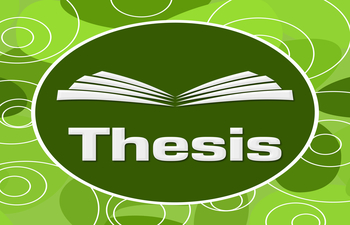
Coordinated Strategies for Electric Vehicles Charging Infrastructure
2021
Author(s): Rana R
This Thesis aims to develop a holistic approach for EVs charging schedules by utilizing a web application to provide insights into upcoming demand and supply needs. This work is extended to incorporate any uncertainties in EVs pre-planned schedules using a multi-level optimization strategy. T
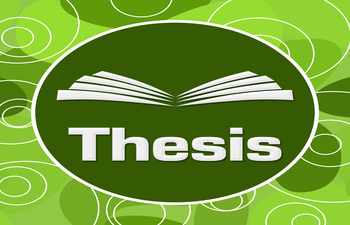
Modeling and Analysis of Electric Vehicle Charging Interface
2015
Author(s): Joy, TPER
This thesis describes the design, control and analysis of both contact based and contactless power transfer system suitable for EV charging system applications.
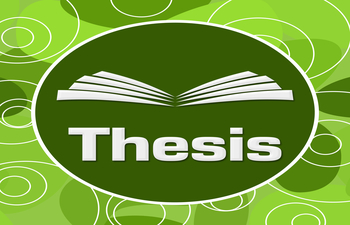
Analysis and Design of Optimal Power Conditioning Unit for Fuel Cell Vehicle Applications
2021
Author(s): Prithivi K
This research undertakes to design a near optimal fuel cell hybrid electric vehicle. The major focus is on the design of efficacy improved power conditioning unit which comprises of DC-DC converter and DC-AC converter.
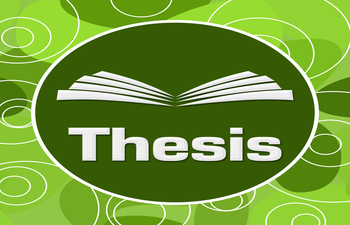
A Resonant Dual Full Bridge Class E Bidirectional DC DC Converter for Fuel Cell Electric Vehicle
2020
Author(s): Senthil K
Fuel cell vehicles have the potential to address the problems surrounding the ICE vehicle without imposing any significant restrictions on vehicle performance, driving range, or refueling time. This thesis makes a number of key contributions to the advancement of fuel cell vehicle design within two main research areas: Power backup during the regenerative mode and analysis of State of Charge (SoC) of battery with the various controllers.



